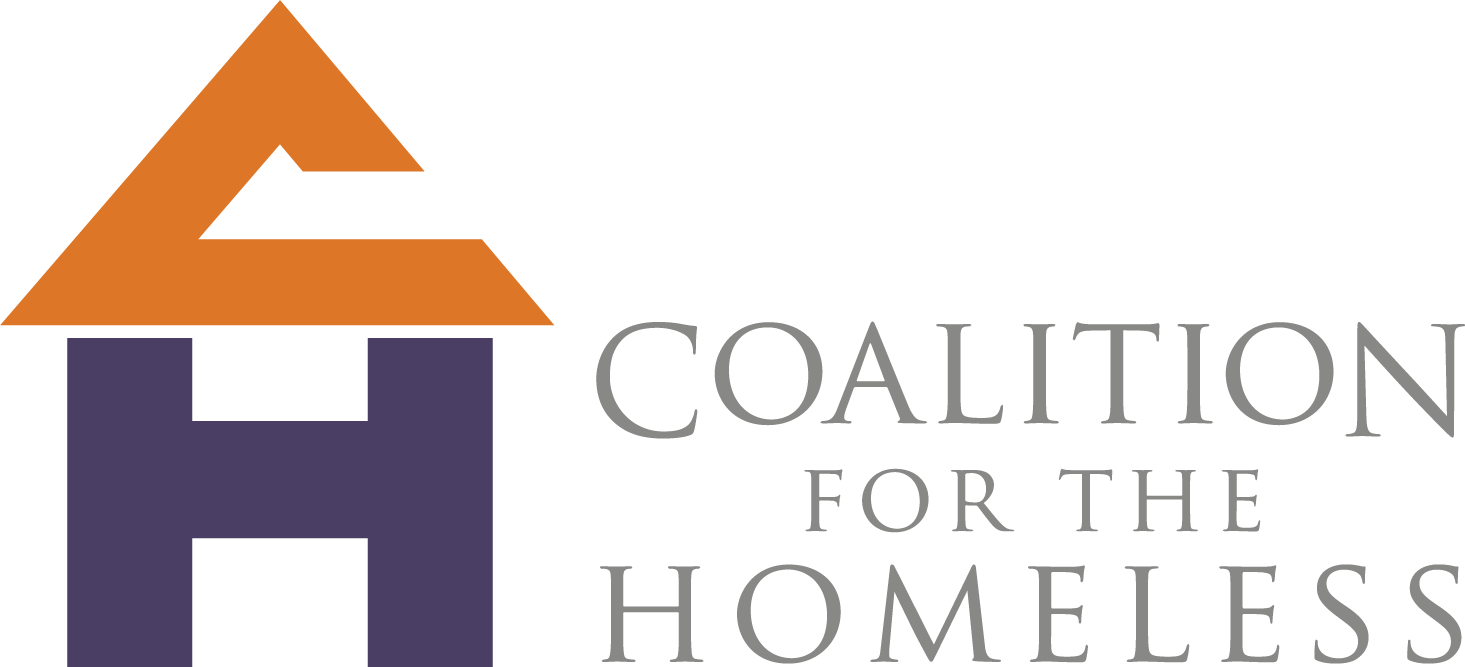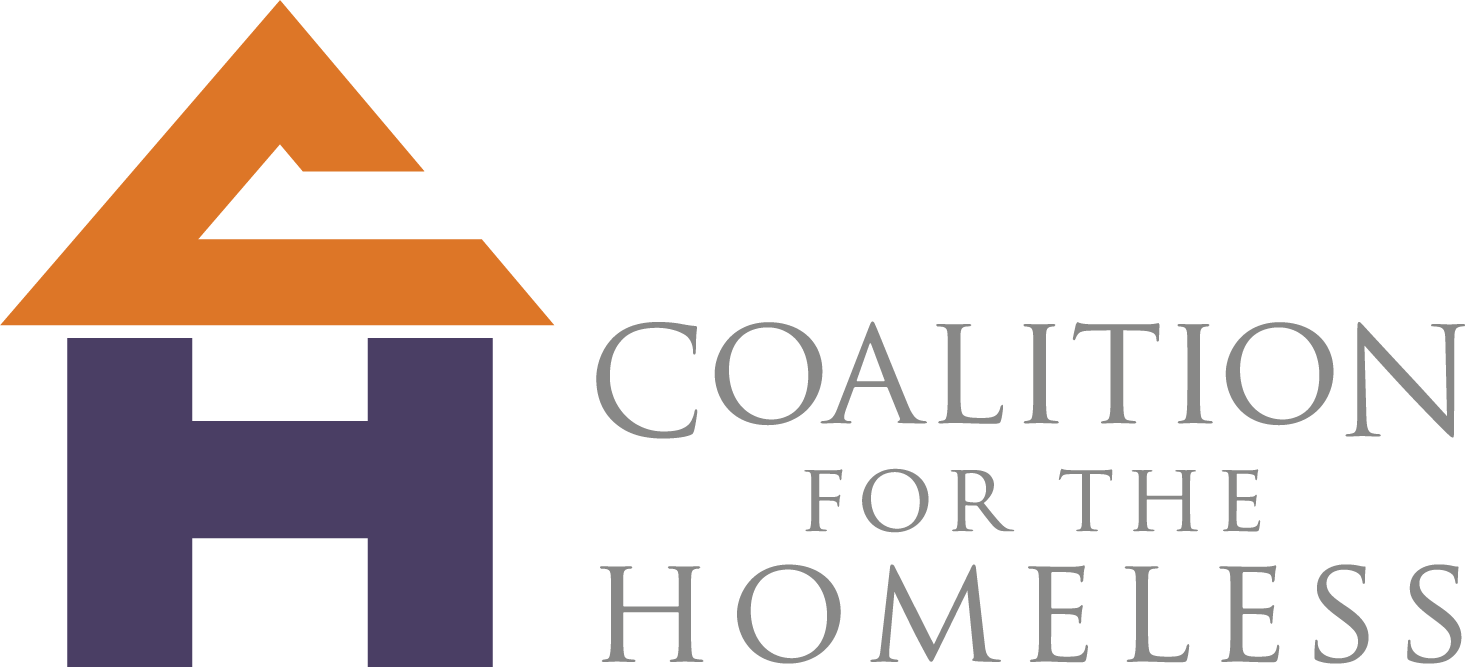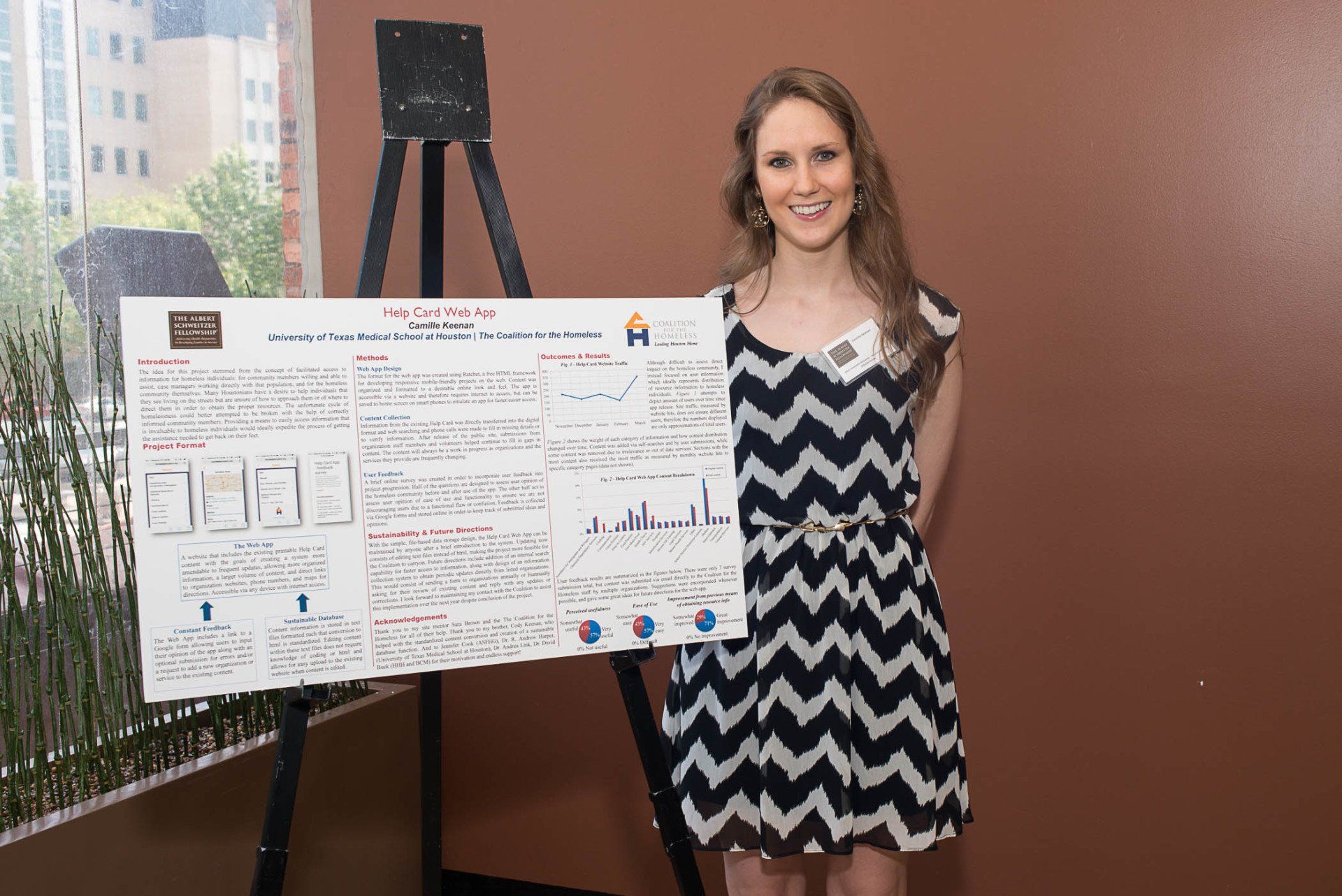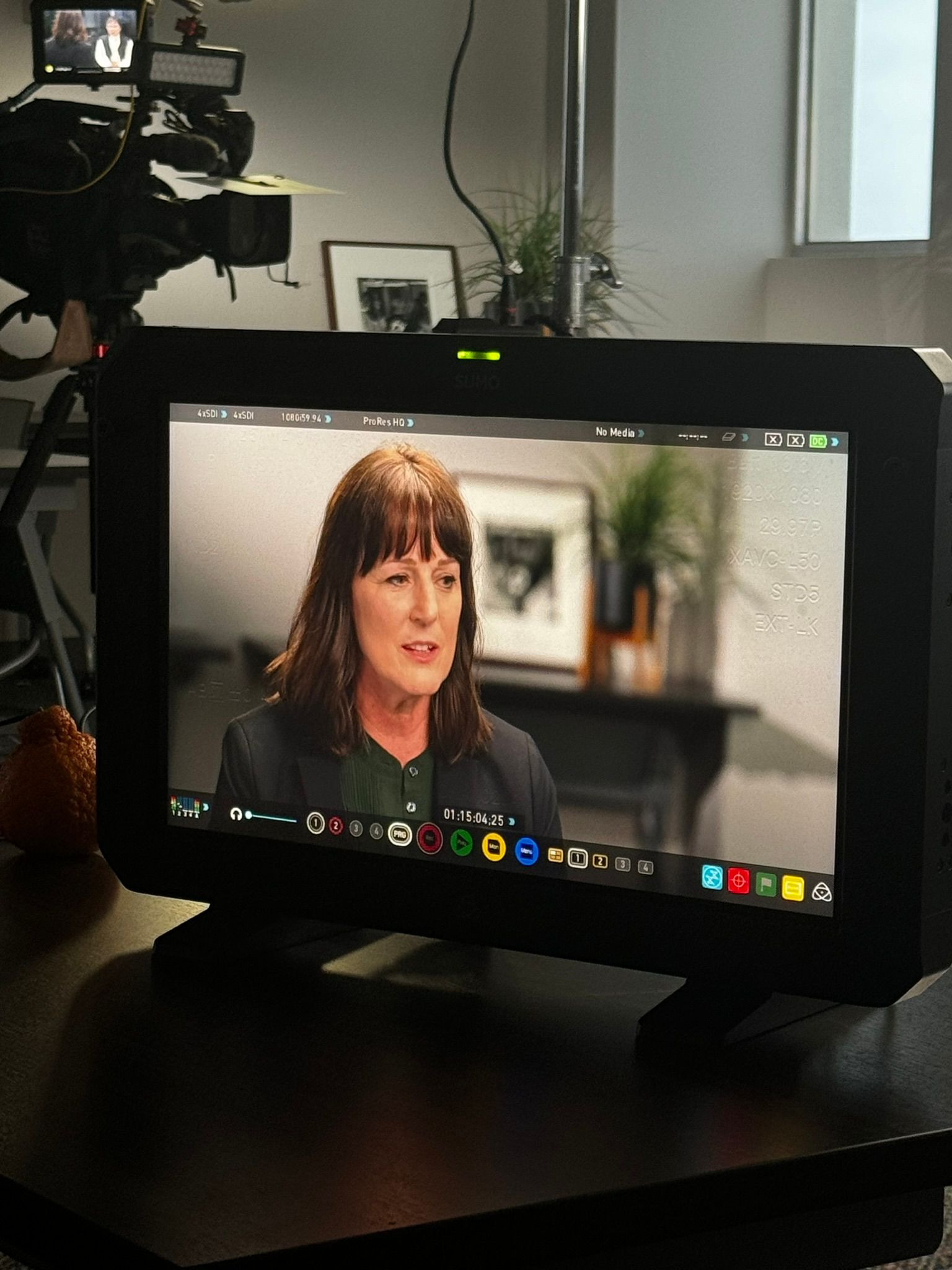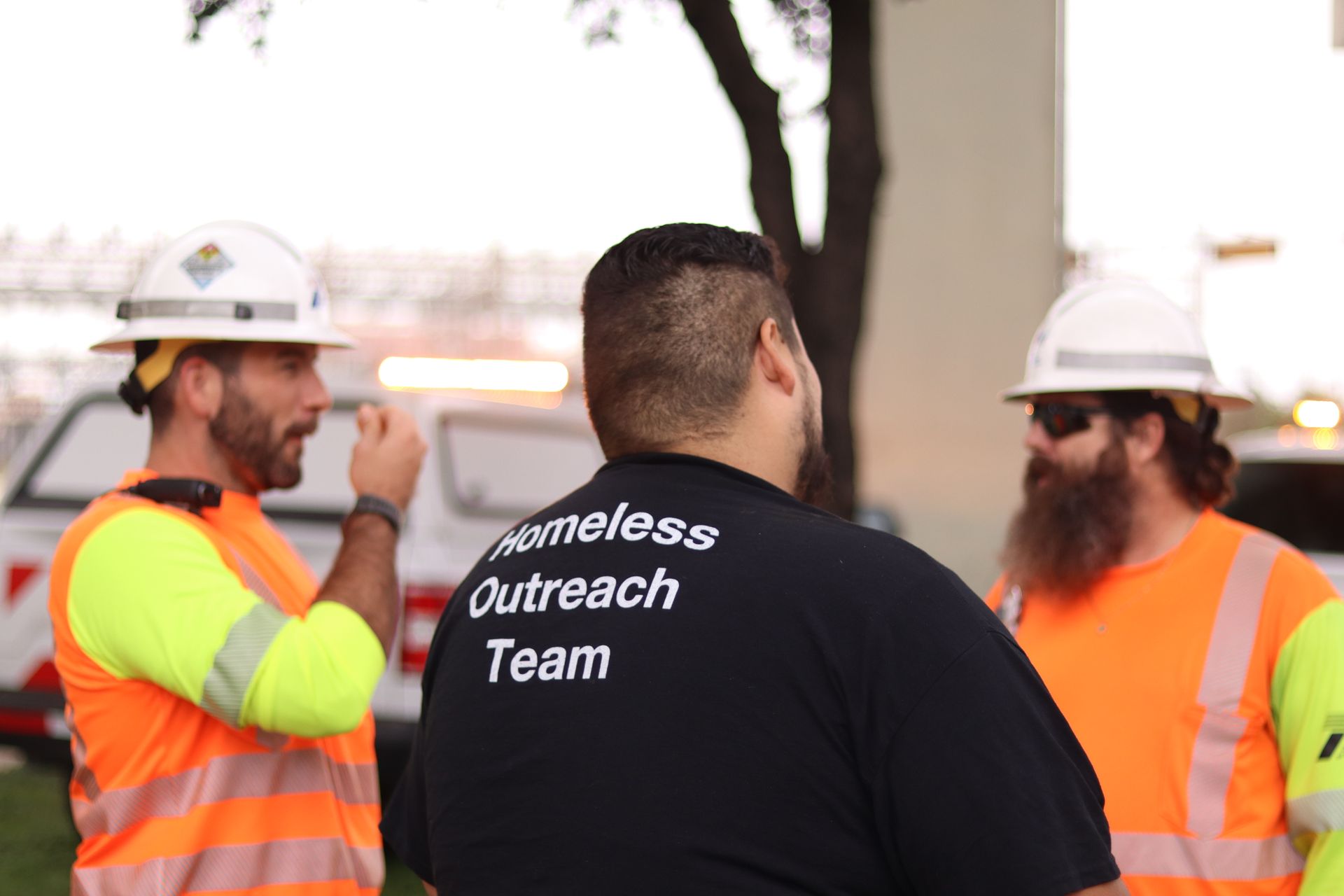Homelessness 101: Street Guide v. Help Card
Communications Admin • Oct 26, 2018
Two critical resources offered by the Coalition for the Homeless to those who need help are the Street Guide
and the Help Card. These two resources are similar in that they both offer information on local assistance programs; however, the Street Guide is meant act as a primary resource to those experiencing a literal homelessness crisis, and the Help Card should be used as a secondary resource by people once in a shelter or housing program, or even by case managers looking to connect their clients with support services.
The Street Guide
was created in collaboration with Rice University’s Design for America program
in 2015. Rice DFA approached the Coalition about creating an easy to use and maintain resource that would provide the most critical information to people facing a homelessness crisis. The result was a simple printed document that is just a single page front and back, but has a wealth of information on local homeless assistance programs that includes addresses, hours of operation, and even nearby METRO routes. Every program listed on the Street Guide is connected to Coordinated Access and has assessors on-site to conduct housing assessments with those experiencing homelessness. Housing assessments help us gather information on a client’s unique situation and make a referral to the right permanent housing program to help end their homelessness.
For those who may not have access to the internet, copies of the Street Guide
can be picked up at the Coalition for the Homeless’ offices, just call ahead first so we can be sure to print the most recent and up-to-date copy of the guide. Many partner agencies also print Street Guides and keep them in their offices and lobbies.
The Street Guide is often handed out by street outreach partners of The Way Home, if someone experiencing unsheltered homelessness doesn’t want to seek shelter right then and there, the outreach teams can leave a street guide with the individual in case they want to seek services later. Community members can also print and keep copies of the Street Guide
on hand in their vehicles or bags, to hand out to those they see who may be experiencing homelessness out and about in the Houston region, as long as they feel safe doing so.
The Coalition’s other resource, the Help Card, is more robust resource with less critical – but still important! – resources. The Help Card is a tool that can be utilized not only by formerly homeless individuals, but case managers, partner agencies, and even the public.
The Help Card
has a unique background and was first created by students volunteering at HOMES clinic
after they found themselves searching for the same resources over and over again. They first published their work in resource book format in 2002 as a fundraiser for their organization. Healthcare for the Homeless of Houston
(HHH), a parent organization of HOMES Clinic, eventually took over the project and created a services card that was then passed on to the Coalition. From there, the Coalition was able to transform the services card into what is now known today as the Help Card. The original format was a single page, front and back, with contact information of wide variety of homeless service providers in our community.
Because of the evolution of technology and the constantly changing information in the homeless service system, the Help Card was put into a digital format for more efficient use which would allow information to updated as needed. This also created an opportunity for the Coalition to increase the amount of information contained in the Help Card and create a more streamlined process for keeping the resources up-to-date. This integration was a collaboration between the Coalition and UT Houston Medical Student, Camille Keenan. Camille approached the Coalition independently about a way to digitize the Help Card. She also independently applied for and received an Albert Schweitzer Fellowship grant to be able to complete the project. Even though Camille is now doing her medical residency in the Dallas area, she is still always on standby and willing to help the Coalition keep the Help Card up-to-date!
Case managers, social workers, and nonprofit employees can use the Help Card to provide those experiencing homelessness with up-to-date information about the resources that are available to them. Help Card resources can be tailored to a specific individual and what their needs are at the time. Community members can also use the Help Card as a way to learn more about the homelessness in our area and find out how to get involved with one of The Way Home’s direct service partner agencies.
The Help Card
lives on the Coalition website. The Help Card is searchable by zip code and there is a wide variety of categories featured on the Help Card such as Drop-In Centers, Hospitals, Clothing, Income/Job Training, just to name a few. Each category then has a sub-category that lists the names of organizations who provide that specific resource. Once you click on the name of the organization, the Help Card lists the phone number, website and short About section to learn more. The Street Guide can also be accessed through the Help Card.
Both the Help Card and Street Guide are essential resources utilized by the Coalition and partner agencies of The Way Home. While the Street Guide is used for those experiencing literal homelessness, the Help Card has a multi-functional use and is essential for those who have recently been placed into a program and are looking for additional resources. To access either the Street Guide or the Help Card, click here.
2000 Crawford St., Suite 700
Houston, TX 77002
Please note we do not
provide direct services for people experiencing homelessness. If you are in need of immediate assistance please call 211.
(713) 739-7514
© 2023 Coalition for the Homeless.
All rights reserved© 2024
All Rights Reserved |
Coalition for the Homeless of Houston/Harris County

